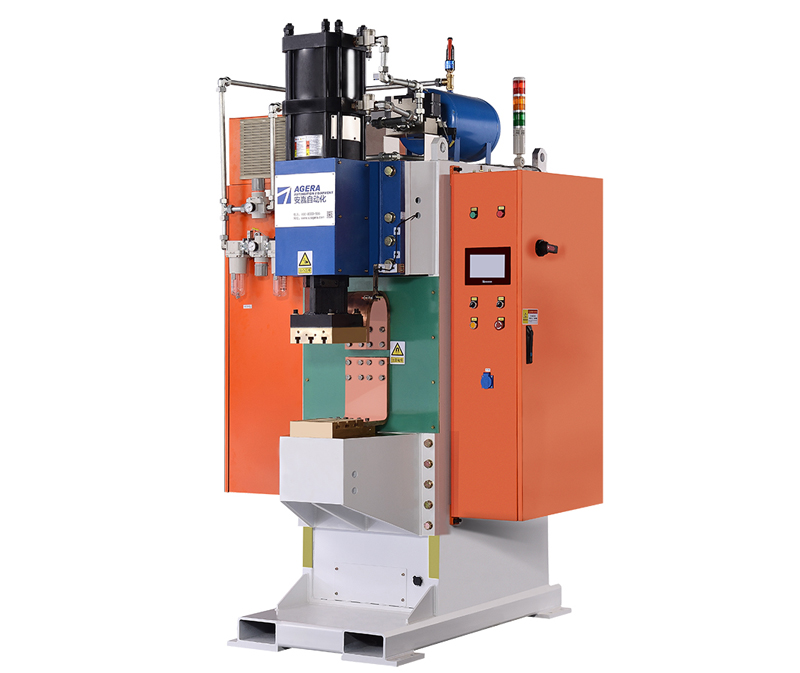When it comes to selecting a capacitor energy storage spot welder, several crucial factors need to be taken into account. This sophisticated piece of equipment is integral in various industries, from automotive to electronics manufacturing. Making the right choice can significantly impact the quality and efficiency of your work. In this article, we will guide you through the key considerations to make when selecting a capacitor energy storage spot welder.
- Power Requirements: The first and foremost consideration is the power requirements for your welding applications. Capacitor energy storage spot welders come in various power ratings. You need to match the power output with the thickness and type of materials you intend to weld. Higher power output is essential for welding thicker and more conductive materials.
- Welding Pulse Control: Look for a spot welder with precise pulse control. This feature allows you to adjust the welding duration and energy level, giving you the flexibility to work on different materials and joint configurations. It’s particularly important for fine-tuning your welds.
- Electrode Design: The design of the welding electrode is critical for achieving quality welds. Consider the type of electrode and its replaceability. Some machines have quick-change electrode systems, which can save you time during electrode maintenance.
- Cooling System: A good cooling system is essential for maintaining the longevity of your spot welder, especially during high-volume operations. Look for a unit with an efficient cooling system to prevent overheating.
- Ease of Use: User-friendliness is a vital aspect. Ensure that the spot welder’s interface is intuitive and easy to operate. Look for features such as digital displays and preset welding parameters for consistent and hassle-free operations.
- Safety Features: Safety should always be a top priority. Check if the spot welder has safety features like overload protection, emergency shut-off, and adequate insulation to protect the operator from electrical hazards.
- Maintenance and Serviceability: Consider the ease of maintenance and availability of spare parts. A machine that is easy to service can save you time and money in the long run.
- Budget: Like any other investment, your budget is a critical factor. While it’s essential to get the best spot welder for your needs, ensure it aligns with your budget constraints.
- Warranty and Support: Research the manufacturer’s reputation for after-sales support and warranty coverage. A reliable warranty can provide peace of mind should any issues arise.
- User Reviews and Recommendations: Don’t underestimate the power of user reviews and recommendations. Hearing about the real-world experiences of others who have used the same equipment can provide valuable insights.
In conclusion, selecting a capacitor energy storage spot welder requires careful consideration of power requirements, control features, electrode design, cooling systems, ease of use, safety measures, maintenance, budget, warranty, and user feedback. By thoroughly evaluating these factors, you can make an informed decision and ensure that your spot welding needs are met effectively and efficiently.
Post time: Oct-18-2023



